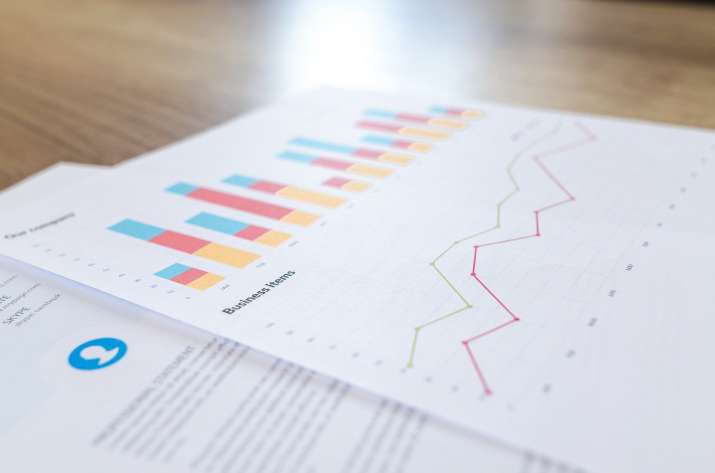‘Next 10 years going to be India’s golden moments in technology, pharma, e-commerce, manufacturing sectors’
The next 10 years is going to be India’s “golden moment” in key sectors like technology, pharmaceutical, e-commerce and manufacturing, said a top venture capitalist from Silicon Valley, pointing at the USD 20 billion foreign direct investment in the country amidst the coronavirus outbreak.
“Coronavirus is sweeping the world, especially the US and India. In spite of that, the amount of investment going into India is mind-boggling,” Silicon Valley’s top venture capitalist, entrepreneur and philanthropist M R Rangaswami told PTI in an interview.
India has received foreign direct investment of over USD 20 billion in the last few months during the coronavirus pandemic, which has had an adverse affect on businesses across the world apart from the over-6-lakh lives the infection has claimed so far.
“I think the next 10 years is the golden moment for India to shine; using digital and technology — whether it’s medicine, telemedicine, e-commerce, logistics — in every segment of the market. Whether it’s a kirana (local grocery) shop, everything is going to be digital. It is the golden moment that India should seize,” Rangaswami, the software business expert said.
Referring to the series of FDI into India post-COVID-19 outbreak, Rangaswami said it is unprecedented by any standards.
Prominent investments include USD 10 billion from Google, USD5.7 billion from Facebook, USD 1.2 billion from Walmart and USD 1 billion from Foxconn.
“I think there will be many, many more deals this year. You’ll see a lot more companies coming in, a lot more money coming in. A lot more investments,” he said.
“Amazon (e-commerce company) continues to invest in India. Other companies are looking at India now. Private equity guys are looking at India. Sovereign funds will be looking at India. Definitely India is going to be the hot destination for technology money,” Rangaswami said, in response to a question.
He noted that the current President Donald Trump-led administration’s anti-China sentiment is also helping India bag big investment.
Relations between the US and China have spiralled downward after Washington criticised the Asian powerhouse’s handling of the COVID-19 pandemic. The US has questioned a new national security law in Hong Kong, treatment of Uyghurs Muslims and security measures in Tibet.
“This gives India an opportunity for an economic game-changer. I think it’s predicated by two things. The number of smartphone users (in India) is over 500 million, maybe even close to a billion. Second, the government’s push for digital combined with COVID-19 outbreak, which has taken (number of) digital transactions through the roof,” said Rangaswami, a keen observer of the Indian market.
He said the entire business ecosystem is adopting new technologies like never before — which not only provides easy solutions in business but also is a market in itself.
“On the ground (during the coronavirus outbreak), everybody is forced to go digital. This is a huge tipping point. So, this is an opportunity I want to see India seize and not let it go to waste,” he said.
“So, what I would request is Indian ministers, key bureaucrats and technology industry leaders put together a roadmap, set of regulations and authorisations so that companies can come in easily. We (must) avoid all the problems of privacy, security in the future,” he said.
According to Rangaswami, India needs to iron-out all the impediments to businesses immediately to ensure smooth sailing for all parties.
“The government needs to lead the charge now, in this moment, and say let’s get the leaders together, let’s get the bureaucrats, let’s get the technology industry, the start-ups, let’s get everyone and lay down the rules, regulations, roadmap, so everybody can work to a common purpose,” he said.
Latest Business News
Fight against Coronavirus: Full coverage

















